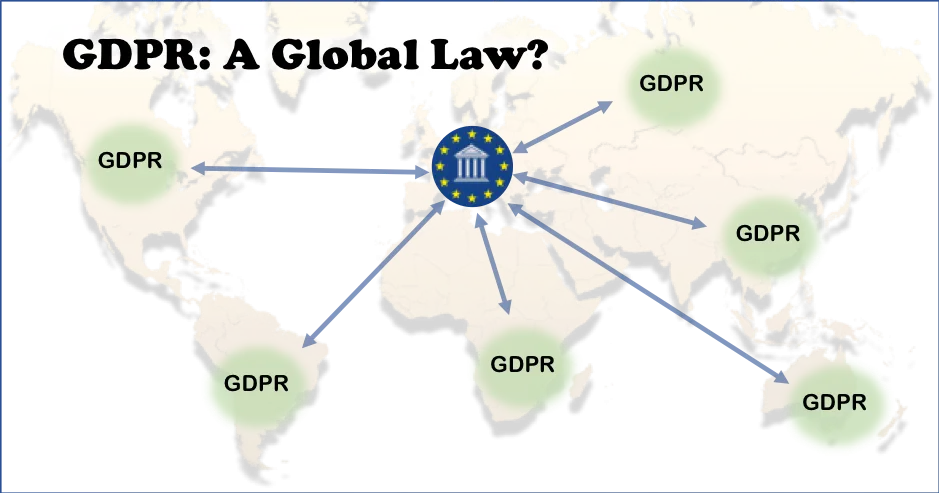Introduction
The General Data Protection Regulation (GDPR) introduced a groundbreaking framework to safeguard the rights and privacy of individuals within the European Union (EU) and beyond. Among its key provisions is Article 3, which defines the territorial scope of the GDPR and extends its reach to data controllers and data processors operating outside the EU. This article explores the significance of Article 3, its implications for both data controllers and data processors, and the necessary measures they must take to ensure compliance with this far-reaching regulation.
What is Article 3 of the GDPR?
Article 3 of the GDPR establishes the scope of the regulation and outlines the conditions under which it applies to organizations outside the EU. Its primary objective is to protect the personal data of EU residents, regardless of the location of the data controllers or data processors involved in the processing activities.
Applicability to Data Controllers:
Data controllers, as the entities responsible for determining the purposes and means of data processing, are subject to the GDPR’s territorial scope under two distinct scenarios:
1. Data Controllers Established Within the EU:
Data controllers with an establishment within the EU, regardless of their size or business activities, are unequivocally subject to the GDPR. This includes all types of organizations, whether they are multinational corporations or small local businesses, operating within EU member states.
2. Data Controllers Outside the EU with Ties to the EU:
Article 3(2) of the GDPR extends its application to data controllers established outside the EU if they process personal data of EU residents in connection with:
- Offering goods or services: If a data controller targets EU individuals by offering goods or services, whether free or paid, the GDPR applies. This encompasses various online services, e-commerce platforms, and businesses catering to EU customers.
- Monitoring behavior: Data controllers outside the EU must comply with the GDPR if they monitor the behavior of EU individuals within the Union. Monitoring activities may include tracking online behavior, profiling, or targeted advertising.
Applicability to Data Processors:
While the GDPR’s primary focus is on data controllers, Article 3(2) also has implications for data processors. Data processors, those entities that process personal data on behalf of data controllers, are directly affected if they are established outside the EU and offer services to EU data controllers or process data of EU residents.
Compliance Obligations for Data Controllers and Processors:
Both data controllers and data processors subject to the GDPR’s territorial scope must adhere to several key compliance obligations:
- Appointing a Representative: Non-EU data controllers and processors falling under Article 3(2) must designate a representative within the EU. The representative acts as a point of contact for data subjects and supervisory authorities and ensures compliance with the GDPR’s requirements.
- Data Subject Rights: Data controllers and processors must respect the rights of EU data subjects under the GDPR. This includes providing transparent information about data processing, obtaining explicit consent when required, and facilitating the exercise of data subject rights such as access, rectification, and erasure.
- Data Protection Impact Assessments (DPIAs): Where data processing activities pose a high risk to data subjects’ rights and freedoms, data controllers and processors should conduct DPIAs to evaluate and mitigate potential risks.
- Data Transfer Mechanisms: Data controllers and processors outside the EU must adopt appropriate data transfer mechanisms, such as Standard Contractual Clauses or Binding Corporate Rules, to ensure lawful data transfers from the EU to their location.
Conclusion:
Article 3 of the GDPR significantly broadens the regulation’s territorial scope, impacting data controllers and processors worldwide. Organizations, whether established within or outside the EU, must understand and comply with the GDPR’s provisions to protect the privacy rights of EU residents. Emphasizing transparency, accountability, and data subject rights, compliance with Article 3 reinforces trust and strengthens data protection practices in an increasingly interconnected global landscape.

